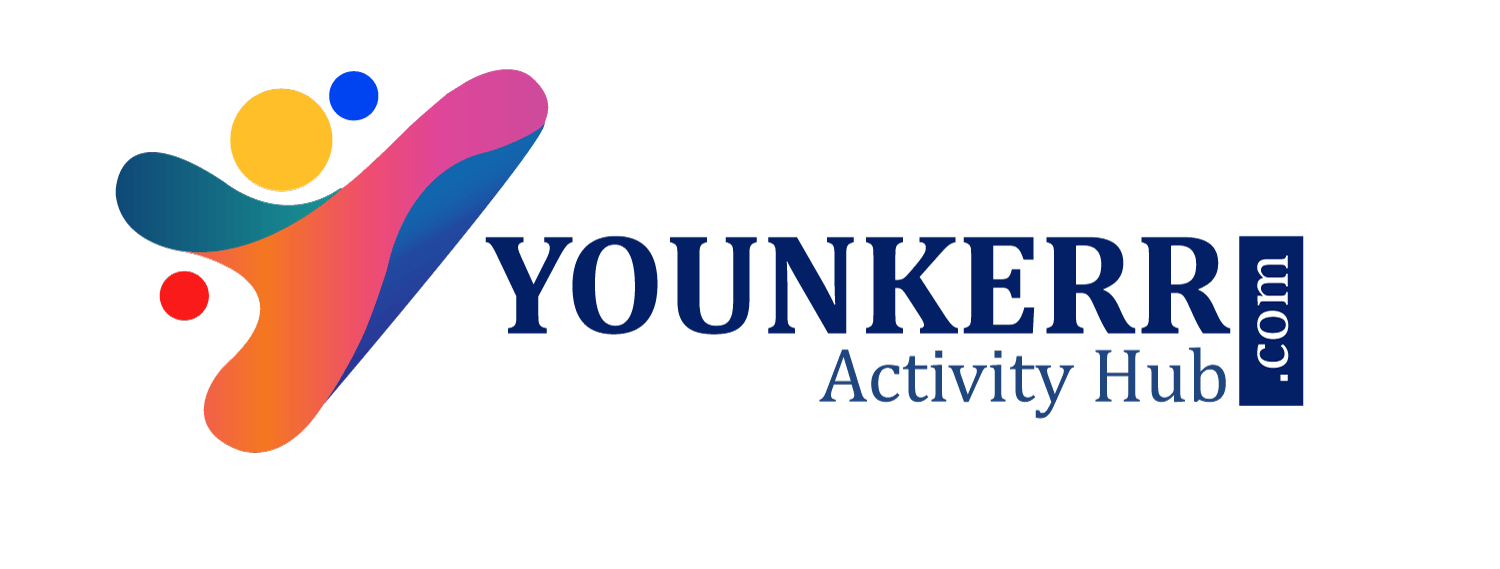Key Benefits of Learning French in India
Learning French in India can provide various benefits beyond the language classroom. With an estimated 274 million speakers worldwide and one of the two official languages of the United Nations, French is widely spoken, with many countries offering educational opportunities for those who speak it.
Furthermore, there are numerous advantages to learning French in India, such as improving employment opportunities and cultural appreciation. Learning this language can help people gain insight into Indian culture, build interpersonal connections, and appreciate the beauty and diversity of the Indian subcontinent.
It can also open doors to international travel experiences, academic achievements, and advanced career paths. For these reasons, studying French in India is a great way to further your education and enrich your life.
Furthermore, French classes online can support Indian students to become more proficient in English due to similarities between these two languages, as well as help increase their self-confidence and communication skills.
However, here we will discuss the most important advantages of learning French.
Enhances job prospects
Learning French in India has many advantages. Firstly, it opens up job prospects as French is an international language in many countries. Knowing French can increase employability in tourism, hospitality, business, teaching, or translation. For those looking to work abroad, knowing the language can increase their chances of getting a job.
Expands cultural knowledge
In addition, learning French also helps expand cultural knowledge. It allows people to gain insights into different cultures, better understand international relations, and explore French literature and culture. As French is spoken in many countries, it also opens up opportunities for travel and communication with people worldwide. Learning the language can help bridge cultural divides and promote understanding between different nations.
Facilitates travel to French-speaking countries
It facilitates travel to French-speaking countries and provides a more immersive experience abroad. Being able to communicate in a native language allows travelers to understand the culture better, interact with locals, and access information that may not readily be available in English. It also makes traveling through Francophone countries much easier and less stressful.
Enables better communication with French-speaking clients/customers
Learning French in India has many advantages, both personally and professionally. From a professional standpoint, learning French can enable better communication with French-speaking clients or customers. This is especially true for those in the hospitality industry, as it allows them to communicate with visitors from France or other French-speaking countries effectively. Additionally, having French language skills can open up new job opportunities in tourism, international relations, and business development.
Increases cognitive abilities and memory retention
It can increase cognitive abilities and memory retention, as mastering a new language requires problem-solving and analytical thinking. Learning and speaking French can also help expand one’s worldview by exposing them to different cultures, languages, and customs. Furthermore, speaking French can be a great asset on vacation or while traveling abroad. Ultimately, learning French in India can be incredibly rewarding and beneficial for those who take the time to do so.
Final words
Learning French in India is a great way to open doors to new career opportunities, gain cultural insight, and uncover experiences that would otherwise be inaccessible. French language classes allow students to learn how to express themselves clearly and effectively, build on their communication skills, and develop an appreciation for other cultures.
Additionally, mastering French or even gaining basic fluency can give individuals access to international job markets, allow them to pursue higher education in France, or enable them to participate in university exchange programs. Learning French also provides access to literature, music, theatre, film, and art worldwide that can inspire, inform and broaden perspectives. Learning French is an opportunity for personal growth and development that should not be overlooked.


